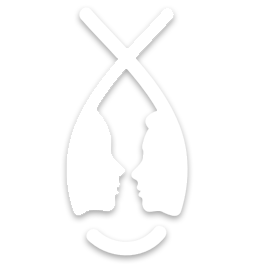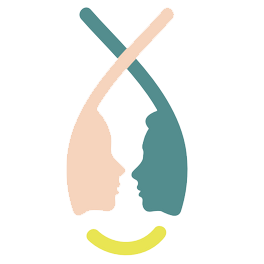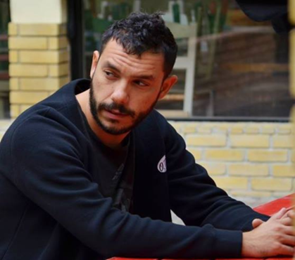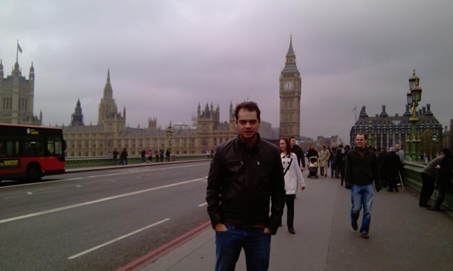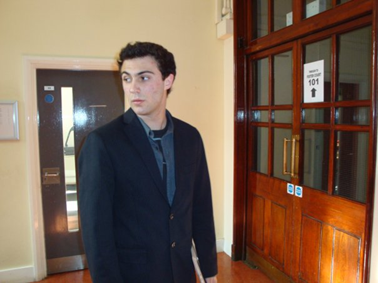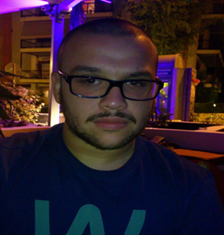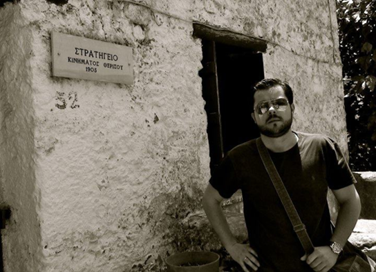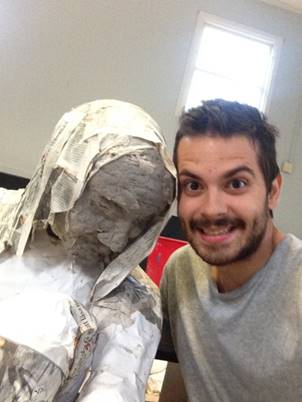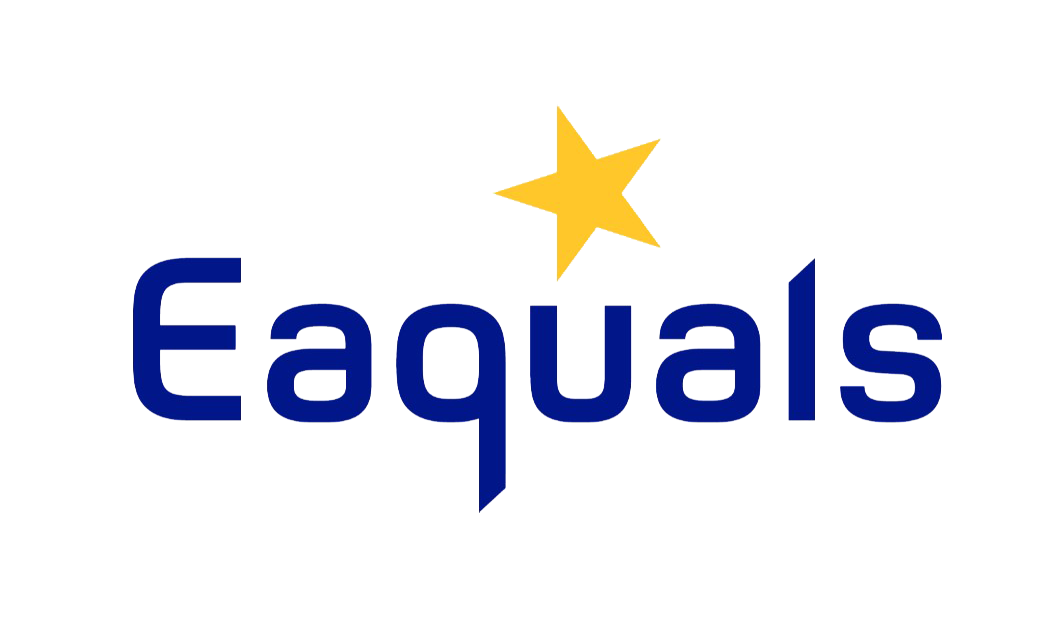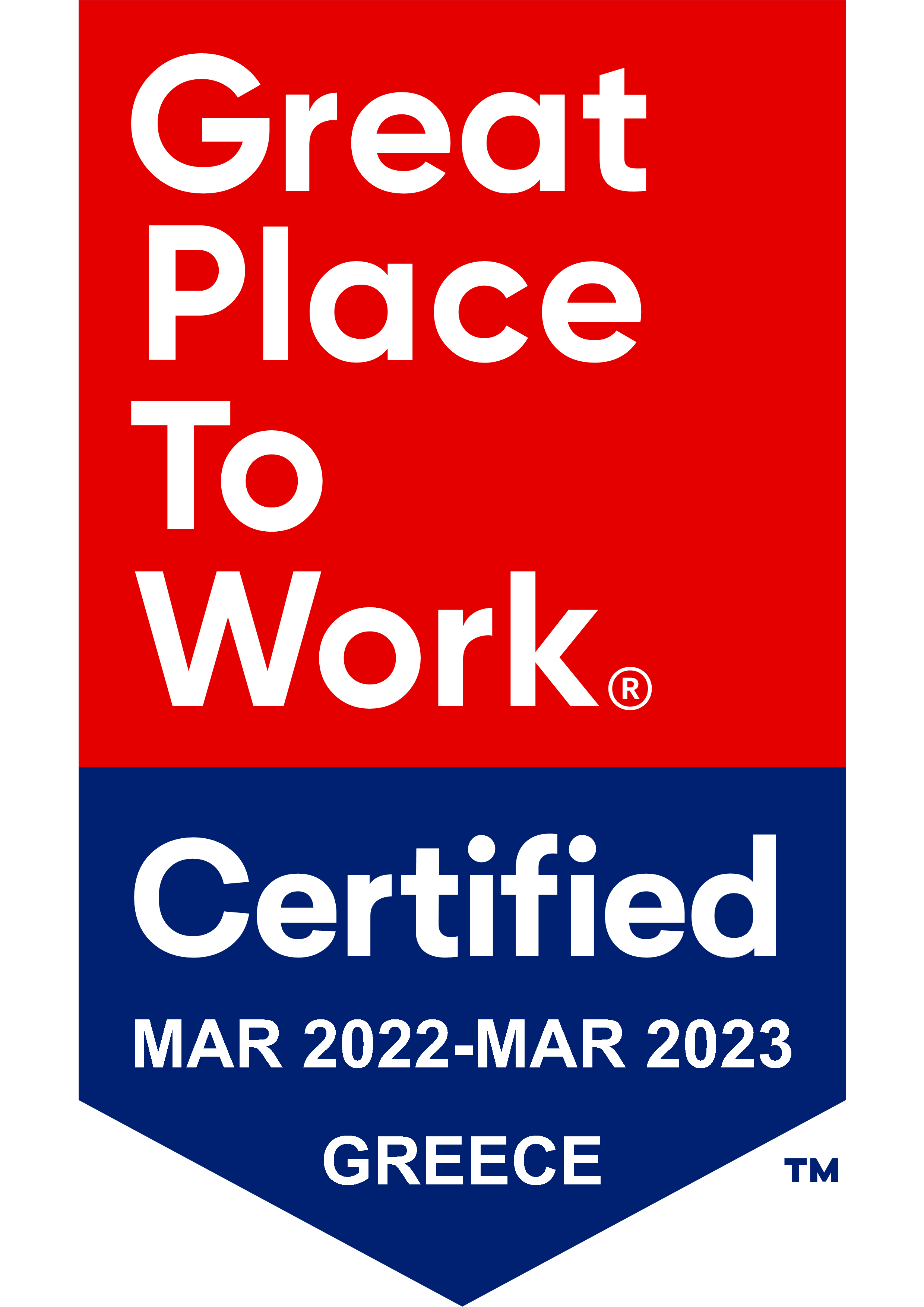“Always dream and shoot higher than you know you can do. Do not bother just to be better than your contemporaries or predecessors. Try to be better than yourself.”
― William Faulkner
Try this thought experiment: you are in your class with your students, writing on your board (or typing on your screen projected on your board), the rules for ‘less’ and ‘few’. You give nice, solid examples, you feel proud of yourself, you test your students on this point, they do well, everything is settled. Then let’s say your students travel to the UK and they go to the supermarket and they see things “less items” on signs or “less lorries” on slogans. Oh well, these are just common mistakes, you’re thinking. Then you come across one of Obama’s (beautifully eloquent) speeches and he says, “less people”! Well, hold on! Obama? One of the best educated American presidents? Is it your word against Obama’s?
This is one of the reasons why teachers, and even more so language teachers, need to never stop learning! Language, unlike math for example (although I’m not even sure about that), is a very dynamic thing. It changes all the time, it changes beautifully the way people change. People coin new words to talk about new concepts, people clip words, blend words, bend the rules, change the rules, break the rules. And that’s the beauty of it: we, as language educators, teach something that is in constant flux. Language is a river that flows. So do we we want to teach our students to stand by the bank and pretend the river is a fixed, solid thing? Do we want them to pretend the river is frozen?
So, as teachers (well, I prefer the word educators), we need to be alert all the time. We need to forget what we learned 20 years ago when we graduated or even 10 years ago or even just last year. OK, ‘forget’ is a strong word. Let us not forget what we learned, let us be ready to change it. And by unlearning, re-learning, enriching what we know and ultimately changing what we know (and who we are), we become better.
Here are some practical reasons why CPD is important for teachers:
1) CPD makes us relevant. We become well-informed on cutting-edge research findings on language development, on assessment, on methodologies and approaches, on modern pedagogies, on recent theories and practices. We learn about educational technology, web tools, innovation in our field! Let’s not be stuck in our glory days of 25 years ago. Try to enter the current year with knowledge and tools that are relevant today.
2) CPD makes us more interested in our careers. For a variety of reasons, people (and teachers, yes) might get gradually disinterested in their own career. Call it burnout, dissatisfaction, frustration, alienation, disengagement or monotony, it is very often a reality. Becoming a learner again (or even better, being a constant learner) is a kind of rebirth! Studying, analyzing, comparing notes, presenting, gives us a new and much-needed boost. Our field, language education, is fascinating. Let’s rekindle its magic.
3) CPD makes us more confident (and thus, more successful in the job market): we know our stuff, we know what we’re talking about, we can answer all these questions at the job interview, feeling fellow-travelers with our interviewer, in a discussion about our shared expertise. Knowledge is power!
4) CPD is a great networking tool: in workshops, seminars, webinars and courses, we get to meet other teachers, we share experiences, we learn about new job opportunities, we interact, we meet school owners or DoS’s, we make friends, we change together, we meet the right people or the people who can connect us with the right people. And who knows? Before you know it, you might be wheeling and dealing with this school owner you so much wanted to work for!
5) CPD is a contribution to our team: if you work for a school, you become an asset to your school. You can share your newly-acquired knowledge with your colleagues, you can run your own in-house seminars based on your new facts, you can suggest changes in your own context, you can experiment, try out, pilot new methods, do some Action Research, see what works and improve your own conditions, not only for yourself but for your colleagues, your students and the business you work for.
On a final note, CPD, or being an obsessive, constant learner keeps us young! Being open to new knowledge, exploring new paths is good for our brain, good for our soul and in many ways (don’t laugh!) good for our skin!
Being a learner makes us young at heart, it keeps alive the sense of wonder in us, it gives us a sense of achievement, improvement, constant flow, meaning.
And this is what life is about, right?
Maria Davou (BA Philosophy, DELTA, MA TESOL, PhD Applied Linguistics/ ABD) is a teacher, teacher trainer, researcher and school owner. She promotes alternative and experiential models of teaching. She is an international trainer and academic consultant for publishing companies, private schools and Ministries of Education. She is a co-founder of the teacher training center QUALIFY, where she teaches the Trinity CertTESOL course. Above all, she is a constant and passionate learner.
